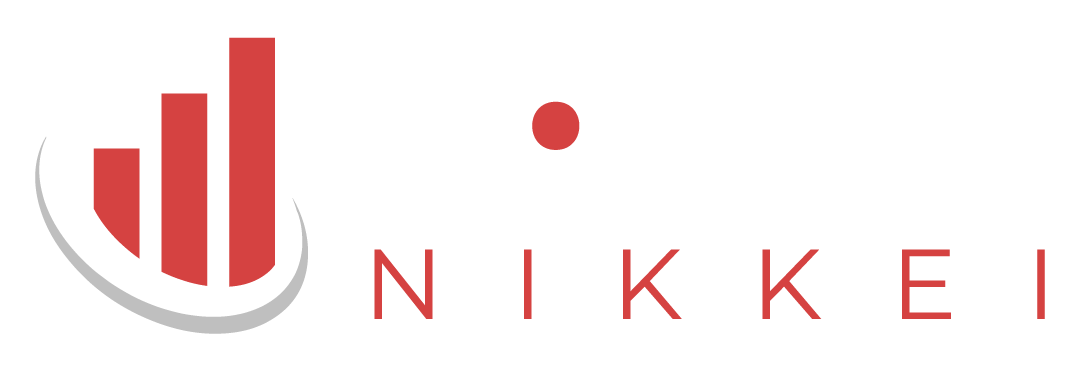In today’s fast-paced world, digital transformation isn’t just a buzzword but a fundamental shift in how businesses operate. Entrepreneurs need to harness digital tools to improve efficiency and meet the ever-evolving customer expectations. Integrating advanced technologies such as AI, machine learning, and cloud computing can streamline operations and offer insights that drive decision-making. Starting with customer relationship management (CRM) systems or project management tools can be a practical first step in this extensive transformation journey.
Understanding the Power of Data
Data is the new oil, and in the realm of business, it’s proving to be just as valuable. Smart entrepreneurs use data analytics to gain a competitive edge, understand market trends, and personalize customer experiences. Investing in data analytics tools can help you decipher patterns, predict trends, and make informed decisions that align with your business goals. However, it’s crucial to also understand the ethical implications and ensure privacy and security measures are in place.
Leveraging Social Media for Growth
Social media platforms are more than just marketing tools; they are a direct line to your customer base. They offer a platform for brand storytelling, customer service, and direct marketing. To make the most of social media, focus on platforms where your target audience is most active, and tailor your content to meet their preferences and needs. Remember, consistency is key. Regular updates and engagement can build a loyal community around your brand.
Focusing on Sustainability
With increasing awareness of environmental issues, sustainability has become a significant business trend. Consumers are increasingly preferring to do business with environmentally conscious brands. Implementing sustainable practices is not just good for the planet but also beneficial for your brand reputation and bottom line. This could range from reducing waste, using sustainable materials, or adopting green technologies.
The Rise of Remote Work
The COVID-19 pandemic accelerated the shift to remote work, a trend that is here to stay. This new model offers flexibility and a broader talent pool but also requires a shift in management strategies. Tools like Zoom, Slack, and Asana can help maintain team communication and productivity. For entrepreneurs, creating policies that support work-life balance is essential to keep your team motivated and productive.
The Gig Economy
The gig economy is reshaping the labor market, offering flexibility and autonomy that traditional jobs do not. This trend provides entrepreneurs with opportunities to scale labor efficiently as they can hire on a project-by-project basis without the commitment of full-time salaries. Platforms like Upwork and Freelancer can connect you with freelancers who have the skills you need to propel your business forward.
Final Words
Staying ahead in business requires an understanding and adaptation of current trends. For modern entrepreneurs, this means embracing digital tools, utilizing data effectively, engaging with customers on social media, integrating sustainability into business models, adapting to remote work, and leveraging the gig economy. By staying informed and agile, you can navigate these trends successfully and build a resilient business that thrives in today’s dynamic market environment.








